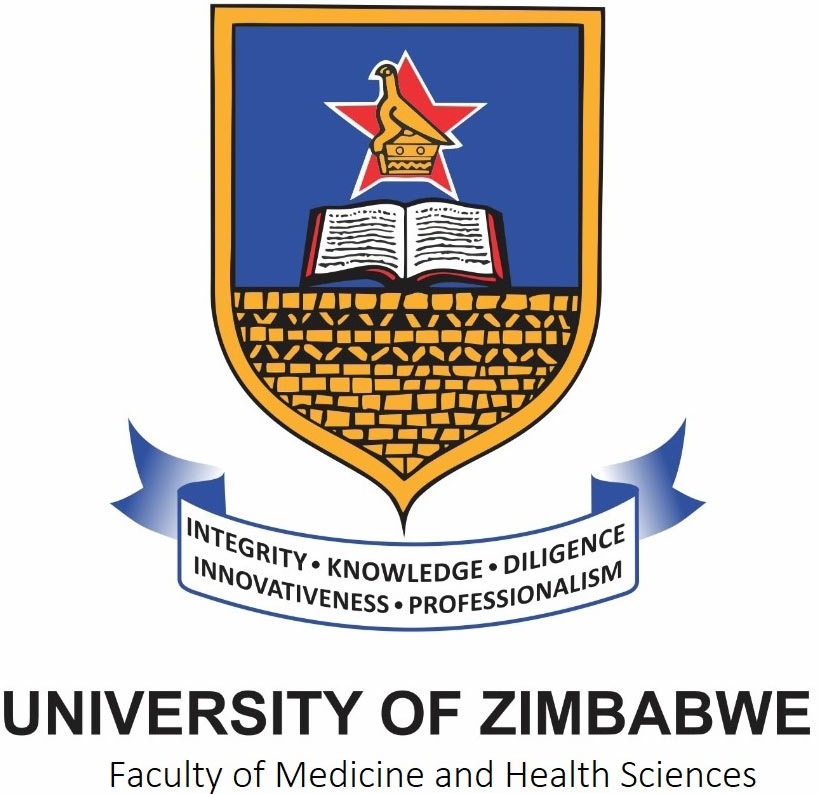The University of Zimbabwe Clinical Trials Research Centre (UZ-CTRC) was established in 1994 with the University of California, San Francisco (UCSF) to implement high quality science addressing HIV prevention and therapy; its aim is to control Zimbabwe’s HIV/AIDS epidemic and contribute to global policy as a center of excellence at the University of Zimbabwe College of Health Sciences in collaboration with UCSF and its partner institutions.
Over the last 25 years, the program has developed a governance structure built on principles of inclusiveness and collaboration of scientific, community, and administrative functions, coupled with efficiency and transparency in resource allocation. A wide range of research collaborations between the institutions have been developed, whereby faculty and staff work closely together in the development and execution of new innovative research. We are pushing our already effective governance structures to establish more open mechanisms for generating new research initiatives in both public and private sectors.
Our Mission, Goals, Objectives & Core Values
Mission
To promote HIV prevention and treatment research through establishing a Centre of Excellence at the University of Zimbabwe College of Health Sciences in collaboration with partner institutions.
Goals
- To contribute scientifically to the leadership and prioritization of research activities in five networks, ACTG, HPTN, HVTN, IMPAACT, and MTN in addition to other non-network studies
- To influence health policy in the Ministry of Health and Child Welfare in Zimbabwe and region through research outcomes
- To build community partnerships in the programme clinical research activities through effective outreach and communication and Community Advisory Board (CAB) participation
Objectives
- To maintain and continually refine a team of dynamic scientists, clinicians, and research support staff skilled in designing and implementing high level and relevant research in HIV and related sciences through mentoring junior scientists, training in research methods, Good Clinical Practices (GCP), Human Subjects Protections (HSP), and ethical conduct of research
- To provide diagnostic testing through laboratory scientists utilizing Good Clinical Laboratory Practices (GCLP, medical lab analytical techniques, appropriate quality management systems (ISO15189, and internal and external quality assurance programs
- To initiate and evaluate interventions designed to reduce the transmission and health consequences of reproductive tract infections and sexually transmitted infections (STIs), including HIV
- To test interventions aimed at reducing women’s vulnerability to HIV/STIs through gender empowerment strategies
- To work with the community through the involvement of Community Advisory Boards in the selection of research questions, review of study proposals, assistance in study implementation, and the dissemination of research findings to the community and interested stakeholders
Core Values
- Respect for persons, beneficence, and justice – we are in a symbolic relationship with our participants
- Protect the rights, safety, well-being, and confidentiality of research participants – our research communities are our most valuable assets
- Maintain integrity of research data through scientific publications, policy recommendations, and public assurance on ethical values

